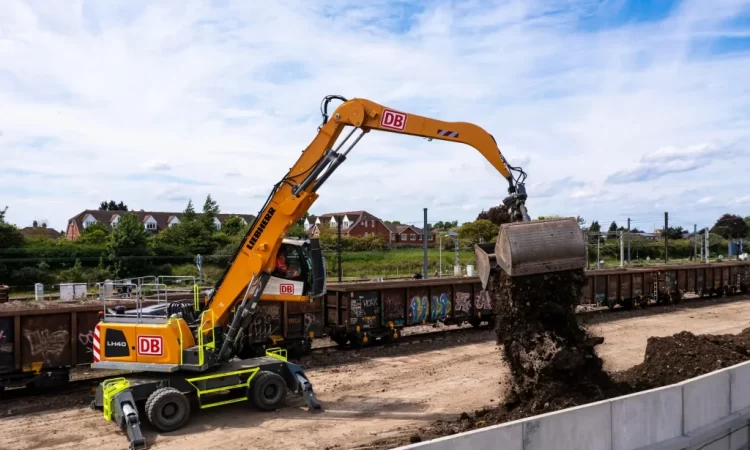
Housing secretary Michael Gove has announced new measures to unblock planning holdups in order to deliver more homes in the UK housing market.
In a speech delivered yesterday (18th December), Michael Gove, the secretary of state for levelling up, housing and communities, said councils would be given three months to put in place plans to meet their housing needs. Those that fail to comply will lose their planning powers to independent inspectors.
The idea behind this is to prevent local councils from delaying or blocking UK housing delivery in their areas for “no good reason”, as planning delays are one of the biggest barriers to delivering new housing at the moment across the country.
Gove added that there was “no excuse” for councils to not have a plan in place setting out how they would deliver the homes needed in their area, and set out the government’s plans to publish league tables showing the performance of council planning authorities on approving developments.
For those councils that do not submit an up-to-date plan in the next three months, Gove indicated that the government could intervene, potentially allowing developers to bypass them and apply for permission to build directly from the government’s planning inspectorate.
Where are we now with UK housing delivery?
The government’s initial target to build 300,000 new homes per year to boost UK housing supply is yet to be met, and the Commons Housing Committee said that the goal was unlikely to be met this year.
However, Gove pointed out that the government believes it will meet its target of building one million more homes by the end of this Parliament.
Aside from planning, issues in the construction industry involving supply problems, cost constraints and labour shortages have all had a knock-on effect on UK housing delivery in recent years.
Recently, the government changed its stance on its 300,000 per year target, instead switching the focus towards councils calculating their own local needs to produce targets, although these targets would be “advisory” rather than compulsory.
The change was met with some criticism from those in the UK housing industry, with Ian Fletcher, policy director at the British Property Federation, accusing the government of “watering down” its national target and creating “more obstacles and delays to housing delivery”.
Kate Henderson, chief executive of the National Housing Federation, said: “These changes, which effectively relax local housing targets, will result in fewer homes; and measures to get councils building and approving applications, whilst positive, won’t be enough to offset this risk.”
Latest speech was “welcomed” – with caution
Propertymark, the industry body for landlords in the UK housing sector, has welcomed Gove’s latest announcement to speed up the planning process and encourage councils to submit plans for housing delivery in their areas. However, it also believes there should be an “infrastructure-first” approach.
This includes delivering the necessary transport links, schools, doctors’ surgeries and more to ensure that a boost in housing supply does not mean fewer services and amenities, or a reduced quality of transport, for residents.
Timothy Douglas, head of policy and campaigns at Propertymark, said: “A renewed focus on councils having local plans and more pressure to deliver much needed new homes for people to rent and buy will be welcomed by Propertymark members up and down the country.
“However, often local plans don’t deliver for existing residents and fail to deliver improved transport links, schools and medical centres as well as focus enough on building housing for an ageing population and homes that are net zero.
“An infrastructure-first approach is needed, alongside providing more resources to local authorities, to deliver the UK Government’s reforms and build homes that the country desperately needs and communities where people want to live and work.”




